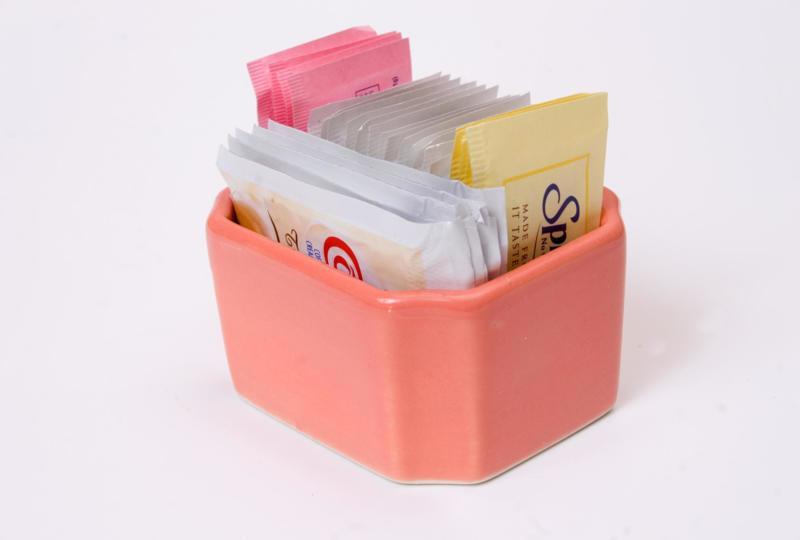Skip the Sweet N Low! Do Artificial Sweeteners Make Crohn’s Disease Worse?
Splenda: not so splendid
50% of the mice that were studied belonged to a genetic line that suffers from a form of Crohn’s disease and the remaining 50% belonged to a healthy mouse line. The researchers found that the consumption of Splenda produced an overgrowth of E. coli and an increased bacterial penetration into the gastrointestinal wall in the mice with Crohn’s-like disease. In instances where E. coli is successfully fended off, symptoms disappear. However, if the invader is not eliminated from the body but rather an overgrowth occurs, chronic inflammation may develop and persist (as in the case of inflammatory bowel diseases).
The research team also found that the consumption of Splenda gave rise to increased myeloperoxidase activity in the gastrointestinal tracts of the mice with the disease, but not in the healthy mice.



